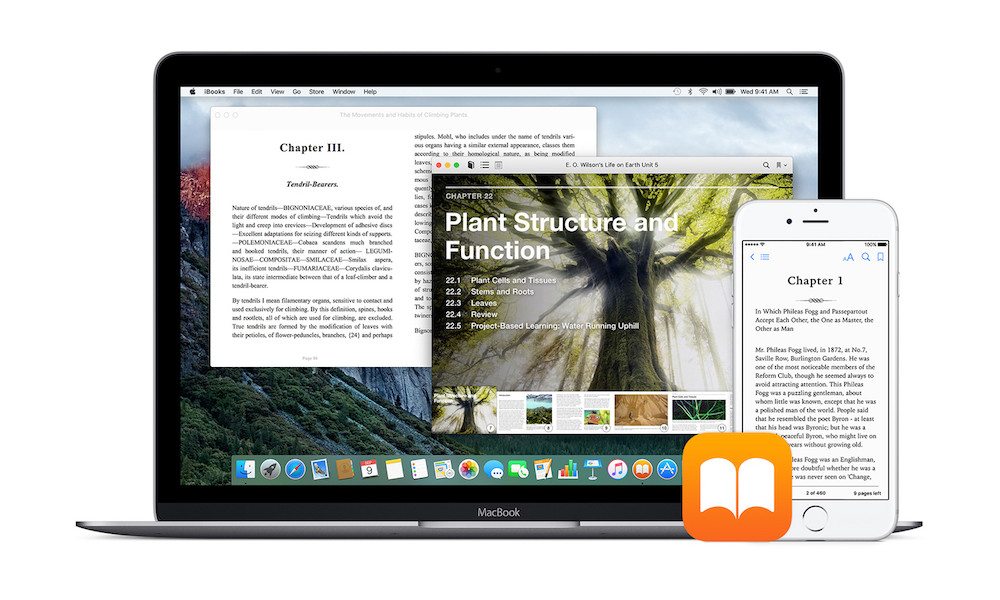Apple Begins $450 Million Payout to Those Affected by eBook Conspiracy

Toggle Dark Mode
Back in 2012, the United States filed an antitrust lawsuit against Apple and five of the nation’s largest publishing companies, alleging that Apple conspired with the publishing companies to fix the prices of e-books. After years of denied appeals, the Supreme Court has put Apple on the hook for some $450 million, and payouts to customers are beginning today.
According to a press release issued today by law firm Hagens Berman, millions of customers who purchased specific e-books from Amazon, Kobo, Barnes & Noble, and Apple between April 1, 2010 and May 21, 2012 will begin receiving payments directly into their iTunes account or via check depending on how each customer had previously replied to a survey. Qualifying e-books must have been published by Simon & Schuster, HarperCollins, Hachette Book Group, Macmillan, or Penguin Group.
Apple will reportedly pay out $400 million to customers – $6.93 for every qualifying e-book purchased that was on the New York Times bestseller list, and $1.57 for those that were not. The remaining $50 million will be paid to states and towards legal fees.
The original lawsuit, filed in April of 2012, alleged that Apple, according to Hagens Bergman, conspired with the publishers to “manipulate the e-book market by artificially raising the price of e-books, lowering competition and charging consumers higher prices.”
The government had an issue with the so-called “agency model”, which gave the publishers as opposed to the vendors control over the pricing of the e-books. Apple agreed to uphold the agency model with publishers so long as they paid out a 30% cut to Apple, and agreed to offer their lowest prices through the company. Simon & Schuster, HarperCollins, and Hachette Book Group settled their suits immediately, while Apple, Penguin Group, and Macmillan fought the charges.
Penguin Group and Macmillan eventually settled, and after appeals in 2014 and 2015, the Supreme Court denied a third appeal, ruling that Apple must pay out.






